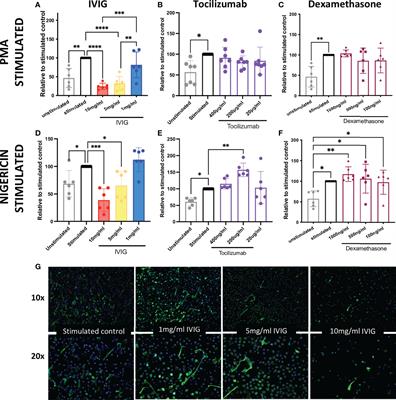EDITORIAL
Published on 22 Nov 2022
Editorial: Pharmacological approaches targeting neutrophilic inflammation: Volume II

doi 10.3389/fphar.2022.1084026
- 989 views
15k
Total downloads
45k
Total views and downloads
Select the journal/section where you want your idea to be submitted:
EDITORIAL
Published on 22 Nov 2022

BRIEF RESEARCH REPORT
Published on 20 Oct 2022

ORIGINAL RESEARCH
Published on 15 Sep 2022

ORIGINAL RESEARCH
Published on 08 Aug 2022

REVIEW
Published on 28 Jul 2022

ORIGINAL RESEARCH
Published on 26 Jul 2022

ORIGINAL RESEARCH
Published on 08 Jul 2022

ORIGINAL RESEARCH
Published on 04 Jul 2022

REVIEW
Published on 04 Jul 2022

REVIEW
Published on 11 May 2022

ORIGINAL RESEARCH
Published on 04 Apr 2022


Frontiers in Immunology